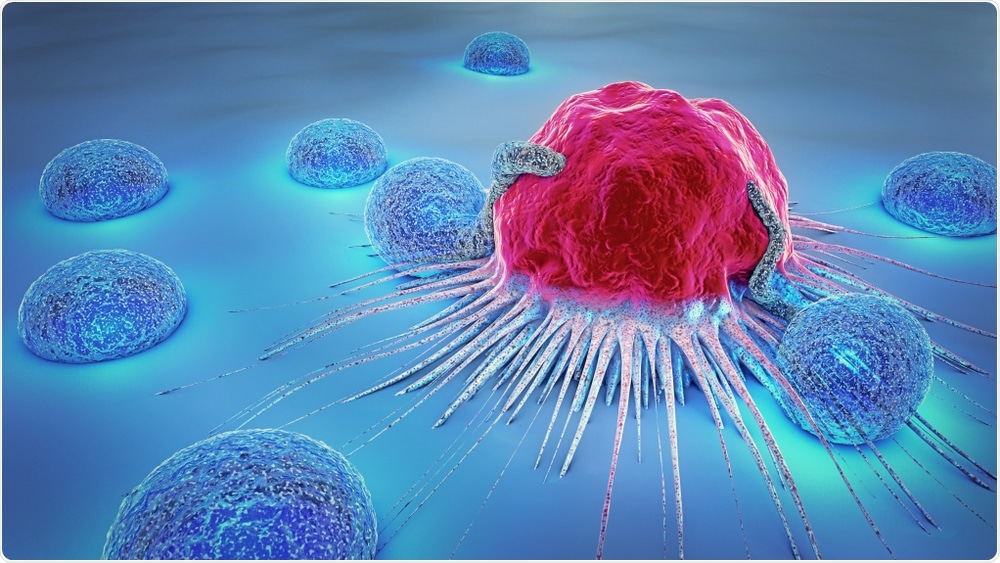Researchers at the University of California have created a freely available database of healthy human immunity that can serve as an instant comparison group in immune system studies.
 Image Credit: Christoph Burgstedt / Shutterstock
Image Credit: Christoph Burgstedt / Shutterstock
The open access database was assembled based on the results of 83 studies that included data on healthy “controls” of various ages and ethnicities who participated in studies of organ transplantation, autoimmune disease, vaccines, and other research.
The studies were funded by the National Institute of Allergy and Infectious Diseases (NIAID) and had been uploaded to a data portal called ImmPort.
We realized we had so much data, and especially we had so many control group individuals - healthy folks with no disease, who were treated with placebo or no drug at all - that we could now get a broad survey of what a normal healthy immune system looks like from all these individuals."
Dr. Atul Butte, Senior Author
The database, which has been named the 10,000 Immunomes Project (10KIP), is freely accessible at http://10kimmunomes.org/ and was recently described in a paper published in the journal Cell Reports.
For the study, Butte and colleagues searched through 242 studies with data that had been uploaded to ImmPort.
They adjusted the data from 83 relevant studies to account for differences that may arise from measurements being taken at different times or places or using different procedures, for example.
We found we could compensate for these artifacts with algorithms that had been developed for that purpose in computational genetics," says first author
Dr. Kelly Zalocusky, First Author
The data is robust enough that the team found they could generate a control group of women aged between 18 and 40 years that could be compared against 56 pregnant women who had taken part in a study of the immune system changes that arise during pregnancy.
The researchers found it was possible to see how immune cells and cytokines differed before and after pregnancy, information that the original study had not included.
They also found the tool reproduced gender- and age-related differences in the immune system, as well as generating new findings concerning race-related differences.
Butte says that since the data is already available, he would like people to use it to help their studies.
We expect that, as more scientists upload their data to NIAID's ImmPort database, the power of 10KIP will only grow in value, richness and scale.”
Dr. Atul Butte, Senior Author
Source:
This article is based on UCSF press release, originally published on EurekAlert.